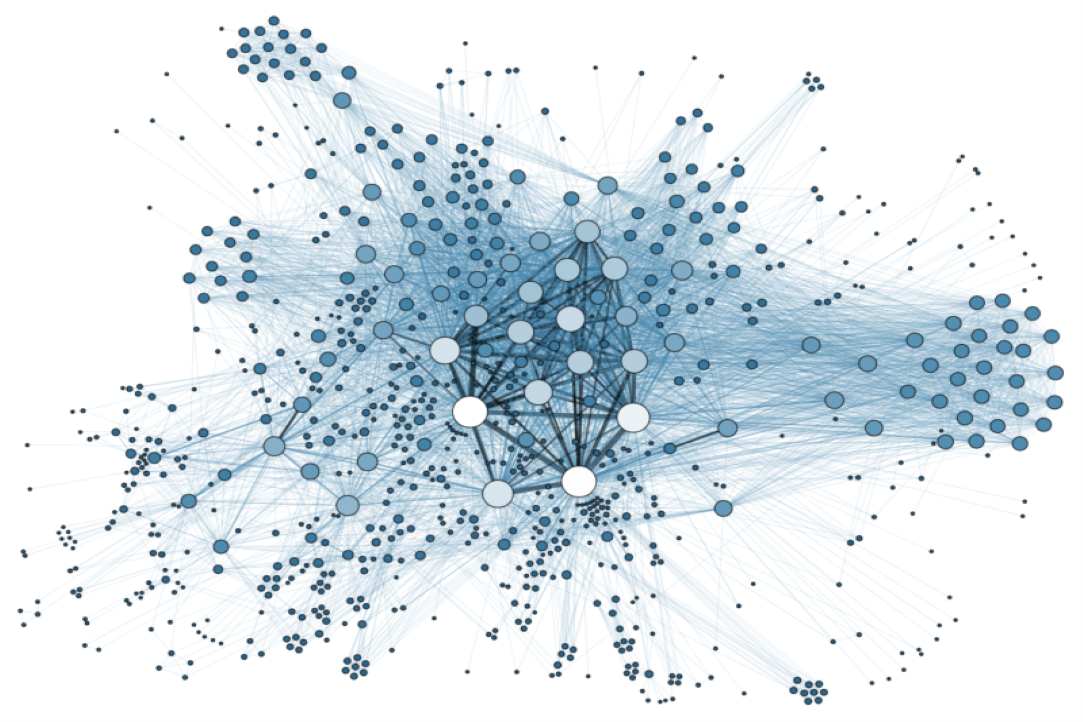Python For Students Of Humanities

When people enter to faculty of humanities, they think that they will never use computer more. However, it is not truth and on the second year of education, students have obligatory course “Python”. In this article, we want to understand why people at faculty of humanities need to do it.
At first, we are going to figure out what “Python” is. It is not a secret that it is a high level programming language of general-propose. Programming language was not a subject to official standardization. Nowadays Python is the third at the TIOBE rating. Thus, we still cannot clear understand why it is so important.
To answer the question why use “Python” in humanities it is important to specify how humanitarian knowledge works. In principle, quality humanitarian knowledge in the world is not enough. In the minds of many people a lot of unformulated ideas. The task of people is to articulate these important meanings and show that digital technologies can help with it. Nowadays scientists have more than million books; however, earlier they had only about a thousand. All the works were in the archives and were available only to the elite. Now they are digitized, marked with “smart” markup and are accessible to almost everyone, however, analyzing this wealth of knowledge manually is really difficult. That is what digital technology helps scientists. For example, if you want to find alliteration in a big poem, you can write a python program. Certainly, it will take almost as much time as a manual marking, but in the next time, when you want to find alliteration, you will already have a program and it will require about 5 minutes.
For those who have already understood digital humanities perspective, we have the news that in 2019, MA “Digital Methods in Humanities” was officially launched at HSE.
The program focuses on the synthesis of humanitarian knowledge with digital methods and research tools of the exact sciences. During the study students will look at humanitarian knowledge from a fundamentally new point of view, will also master programming and data analysis skills, recall mathematical disciplines such as probability theory and mathematical statistics, and then apply the knowledge they have learned to create something new. The program also involves the practical development of existing and established methods of digital humanitarian research. Students will learn how to use case technologies, automatic word processing tools, network analysis methods, tools for working with structured text markup, and other relevant technologies of modern humanitarian research. Since this is a relatively new science, you have great opportunities to make a discovery and breakthrough in digital humanities field. Digital Humanities is such a thing that is developing at an unbelievable pace. This is not some local affliction - it is a big wave. So have time to sweep onto this wave in time.
What field will you work if you are a digital humanist? There are some opportunities now: museums, universities, cultural projects, but the main thing that is obvious: by the time you finish your master's program, the world will grow to you. You will have an important and very popular combination of skills and understandings. You will have many ways and options.
To sum it up, we would like to say that if we have not convinced you that digital technologies are really important in the humanitarian environment, then remember that soon robots will take over the world and it is better to know your enemy. So, study “Digital Literacy” even if you are a humanist.
Text by
Elizaveta Butorina and
Viktoria Volkova
